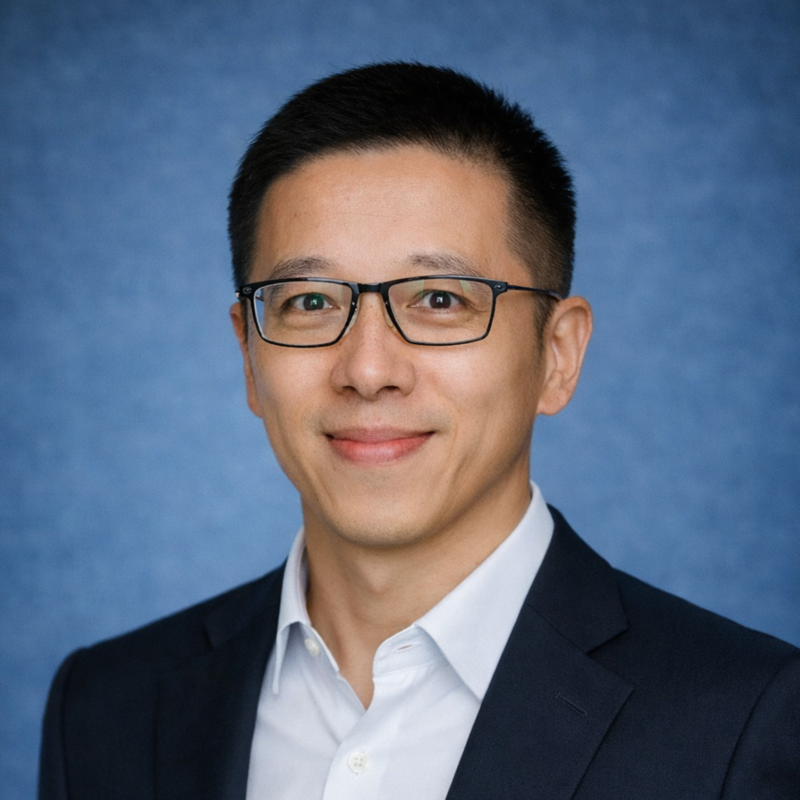
Ting Wang
CSE509 Computer System Security
Welcome to CSE509 Computer System Security!
Course Description:
This course will cover a comprehensive range of topics in computer system security, balancing foundational concepts with recent advancements in the field. Although the definition of “system” has evolved significantly over time, we will primarily focus on traditional software systems while also exploring emerging areas such as machine learning-powered systems.
All topics will be approached from a highly practical perspective through a diverse instructional format that includes lectures, hands-on sessions, research paper discussions, and case studies. Course requirements also include three programming assignments and two exams.
Learning Objectives:
The main goal of this course is to develop an understanding of computer security concepts through an adversarial mindset. By examining vulnerabilities and exploitation techniques, students will explore a comprehensive range of topics, including software and hardware vulnerabilities, vulnerability discovery, exploitation methods, malware analysis, reverse engineering, foundational cryptography, authentication mechanisms, and social engineering. The course will also address security concepts and technologies specific to operating systems, web browsers, servers, containers, cloud environments, and machine learning systems. At the end of the course, the students are expected to acquire:
- An understanding of the principles and practices for building and administering secure systems.
- An understanding of authentication mechanisms, access control, key management, and operating system security.
- An ability to conduct comprehensive security analysis across programs and systems, including vulnerability discovery and intrusion detection.
Prerequisites:
This course requires the knowledge of an undergrad-level operating system and computer security.
Logistics:
- Time: Mon/Wed 2:00 - 3:20 PM
- Location: NCS 120
- Instructor: Ting Wang (twang@cs.stonybrook.edu)
- TA: Kamal (Mon, 4:00 – 5:00 PM), Farrukh (Thur 3:00 – 4:00 PM), Old CS TA Room
- Office hours: Mon 1:00 - 2:00 PM, NCS 154
- Communication: Piazza
Tentative Schedule:
The tentative schedule and reading materials can be found here.
Textbooks:
No textbooks are required. The following references are recommended:
- Matt Bishop. Computer Security Art and Science, 2nd Edition, Addison-Wesley Professional, 2018, ISBN 0321712331.
- Jon Erickson. Hacking: The Art of Exploitation, 2nd Edition, No Starch Press, 2008, ISBN 1593271441.
- Alfred J. Menezes, Paul C. van Oorschot and Scott A. Vanstone. Handbook of Applied Cryptography, CRC Press, ISBN 0849385237.
- Ross Anderson. Security Engineering: A Guide to Building Dependable Distributed Systems, Second Edition, Wiley, ISBN 0470068523.
Grading Policy:
Grades will be calculated based on the following parts:
- Programming Assignments 45% (15%, 15%, 15%)
- Midterm Exam 25%
- Final Exam 25%
- Class Participation 5%
Makeup Exam Policy There will be two exams (midterm and final). You may request a make-up exam for documented medical emergencies, death in the immediate family, religious observances, official university activities, or military service obligations. You must notify the instructor by email at least 24 hours before the scheduled exam time, except in cases of sudden emergencies where immediate notification is required. All make-up exam requests require supporting documentation, such as a doctor’s note, official university documentation, or other relevant proof. Make-up exams will be scheduled within one week of the original exam date.
Late Assignment Policy You are allowed 3 “late days” throughout the semester to be used at your discretion for any assignment deliverables. No prior communication is necessary. Each late day represents a full 24-hour period and cannot be used partially; even if a submission is only a few minutes late, it will count as a full day. Once all late days are exhausted, late submissions will receive zero credit.
Student Accessibility Support Center Statement
If you have a physical, psychological, medical, or learning disability that may impact your course work, please contact the Student Accessibility Support Center, Stony Brook Union Suite 107, (631) 632-6748, or at sasc@stonybrook.edu. They will determine with you what accommodations are necessary and appropriate. All information and documentation is confidential.
Students who require assistance during emergency evacuation are encouraged to discuss their needs with their professors and the Student Accessibility Support Center. For procedures and information go to the following website and search Fire Safety and Evacuation and Disabilities.
Academic Integrity Statement
Each student must pursue his or her academic goals honestly and be personally accountable for all submitted work. Representing another person’s work as your own is always wrong. Faculty is required to report any suspected instances of academic dishonesty to the Academic Judiciary. Faculty in the Health Sciences Center (School of Health Technology & Management, Nursing, Social Welfare, Dental Medicine) and School of Medicine are required to follow their school-specific procedures. For more comprehensive information on academic integrity, including categories of academic dishonesty please refer to the academic judiciary website. The Department of Computer Science also has the following policy at here.
Critical Incident Management
Stony Brook University expects students to respect the rights, privileges, and property of other people. Faculty are required to report to the Office of Student Conduct and Community Standards any disruptive behavior that interrupts their ability to teach, compromises the safety of the learning environment, or inhibits students’ ability to learn. Faculty in the HSC Schools and the School of Medicine are required to follow their school-specific procedures. Further information about most academic matters can be found in the Undergraduate Bulletin, the Undergraduate Class Schedule, and the Faculty-Employee Handbook.
Powered by Jekyll and Minimal Light theme.